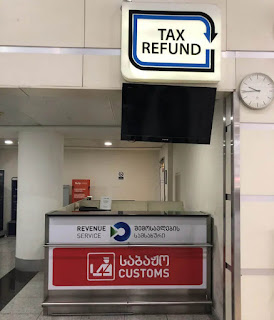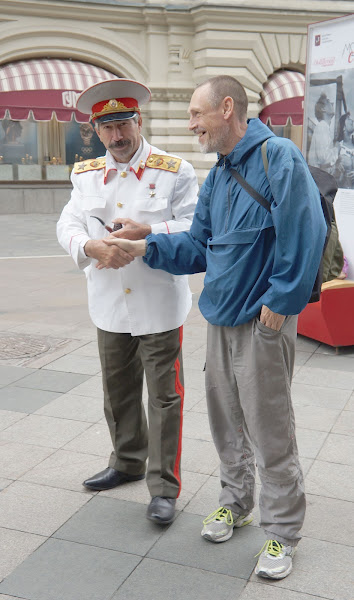4 Reasons Why Global Nomads Don't Buy Travel Insurance
Read the 4 reasons why global nomads don't buy world travel insurance and learn how to do without, while enjoying peace of mind on the road.
A good travel insurance plan is supposed to give you peace of mind. It covers you if you have an accident, get sick, your equipment is stolen or breaks. Only a few long-term travellers, however, buy insurance, as Päivi discovered in her global nomad research for Tilburg University.
Why not?
- Global nomads don't have a home (or address) in their country of origin or in any other country, nor do they pay taxes. Upon leaving, they lose access to public services and travel insurance, because most insurances are tied to the social programs of the traveller’s country of origin.. The rules vary. in Finland (part of the EU), you are out of the system if you are away for one year; in Switzerland, you need to have an address and pay for your social security, if you want to be covered also during your travels.
- While there are international companies selling global travel insurance for hypermobile people such as global nomads, they are very, very expensive. With that money, you can visit a doctor dozens or even hundreds of times on the road in countries that have a high-quality health care system and affordable prices. Popular destinations for medical tourism include Thailand, Malaysia, India, Poland, Hungary, Costa Rica, and Argentina. Even if you are part of the universal coverage in your own country, it may be cheaper to do medical tourism than go to the public hospital to get treatment.
- Travel insurance companies are businesses. They gladly take your money but are reluctant to pay out. There are always clauses in the insurance contract that will allow them to deny coverage. As one of our nomad colleagues encapsulated: "They [insurance companies] charge too much money for what they do. They make a lot of money. I don’t want them making mine."
- Travel insurance limits travelling, because it is not valid in countries where travelling is not recommended. For Americans, about a half of the world’s countries are not covered.
Wouldn't you rather use your money for travelling?
Instead of buying a costly world-wide travel insurance, here's what you can do:
- Check out if your bank has included a travel insurance plan in your debit or credit card. That way you don't need to pay any extra, and you are able to prove that you are covered in countries that don't let travellers in without an insurance.
- If you are worried about your equipment, don't take it with you. Carry only things that you are OK to lose.
Please share and happy travels!











Comments
If you have significant pre-existing conditions getting insurance or making a successful claim can be difficult. If you are potentially immunocompromised, as I am, how can you argue a claim against any infectious disease? I use a "bail-out" fund, a separate (interest bearing) account that will get me back to the United States. Essentially, I am self-insuring my own evacuation. In the U.S. it is a similar idea to an HSA (health savings account). We can always give anecdotal information to support insurance, but the logic and numbers don't support it. If they did, then insurance companies would not be in business any more than Las Vegas casinos. For certain people in certain situations insurance makes sense, but those who recommend it comprehensively are missing some details.